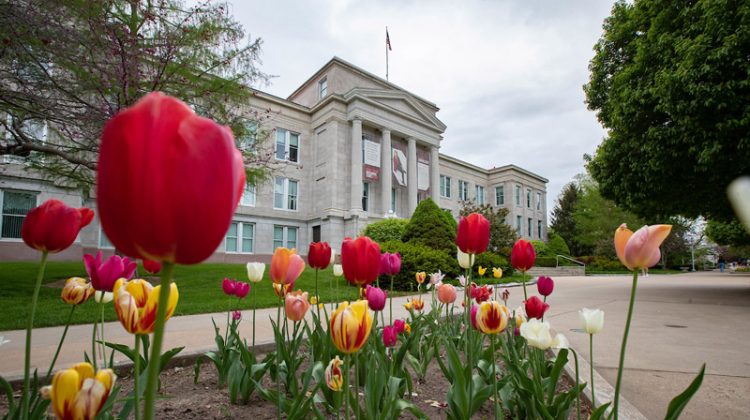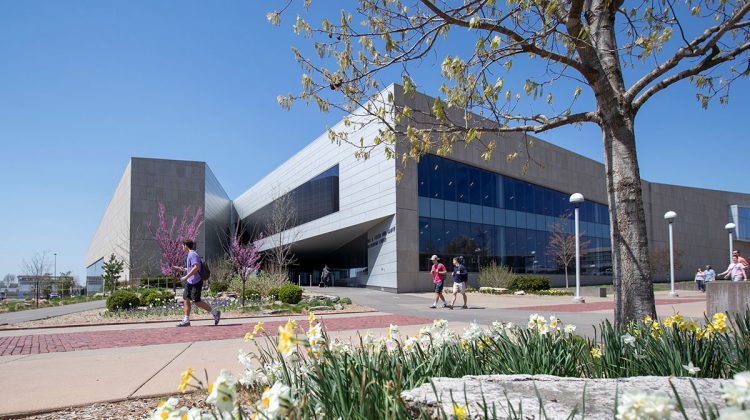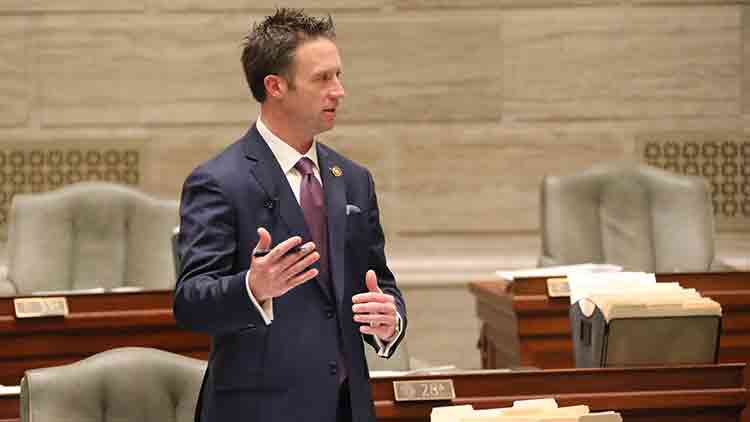Yesterday Governor Mike Parson signed the budget, completing the state’s budgeting process for the coming fiscal year.
As you will recall, this year’s budget includes a $10 million core funding increase for Missouri State University as well as one-time funding to expand the university’s nursing program.
Please join me in thanking Governor Parson and our legislative leaders for supporting MSU.
Highlights from recent higher ed meetings
Last week the Missouri Council on Public Higher Education (COPHE) and the Coordinating Board for Higher Education met.
COPHE spent significant time discussing highlights from the legislative session. These include a list of troublesome bills that did not pass, such as legislation that would have:
- Impacted the way universities handle Title IX allegations and investigations
- Limited university boards’ authority to regulate the possession of firearms on campus
- Prohibited public universities from charging health fees to students
- Prohibited public universities from requiring students to live on campus after their first year
- Limited campus free speech policies, required particular policies for religious student organizations, and restricted university boards’ authority to set tuition and fees
COPHE also discussed several bills that the legislature passed, such as legislation that:
- Establishes Fast Track, a new grant program that will fund tuition and fees for qualifying nontraditional students to pursue degrees in fields that have a workforce shortage
- Expands higher education benefits for veterans
- Authorizes dual credit tuition reimbursement for community colleges and universities
MSU was actively involved in each of these legislative victories. Thanks again to everyone who helped make this year a success in Jefferson City.
Development of a funding formula
After the COPHE meeting, Commissioner Zora Mulligan asked me to participate in a meeting with NCHEMS, a nonprofit organization that is assisting the coordinating board to develop a per-student funding formula. I was encouraged by this meeting and the other conversations on this topic.
Our work to eliminate the gap between MSU and the next lowest funded university had a significant impact this year when the legislature increased our appropriation by $10 million. Based on my conversations over the last week, I am hopeful it will have a longer lasting impact as the coordinating board works to develop a funding formula designed to allocate funds based on weighted FTE enrollment.
Details on what this formula will look like and how it will impact universities throughout the state will emerge in the coming months.
Approving programs to address workforce needs
The coordinating board approved a new vision statement. The coordinating board also approved amendments to their rule on residency and transfer in response to CORE 42.
The coordinating board approved mission descriptions for all community colleges and universities throughout the state. This approval followed a years-long process that involved significant work from administrators at institutions throughout the state. Thanks to Dr. Frank Einhellig and everyone else who invested into this process.
The coordinating board also approved program designations for the Fast Track Workforce Incentive Grant program. Missouri State University offers many academic programs that will qualify under the Fast Track program, and we are already working to determine how we can utilize the program at Missouri State to educate non-traditional students for careers in high demand fields.
The coordinating board also gave full approval to Missouri State’s Doctor of Nurse Anesthesia Practice program and approved Missouri State’s Visual Studies MFA program for a two-year follow-up.
Thanks for all you do for Missouri State!






